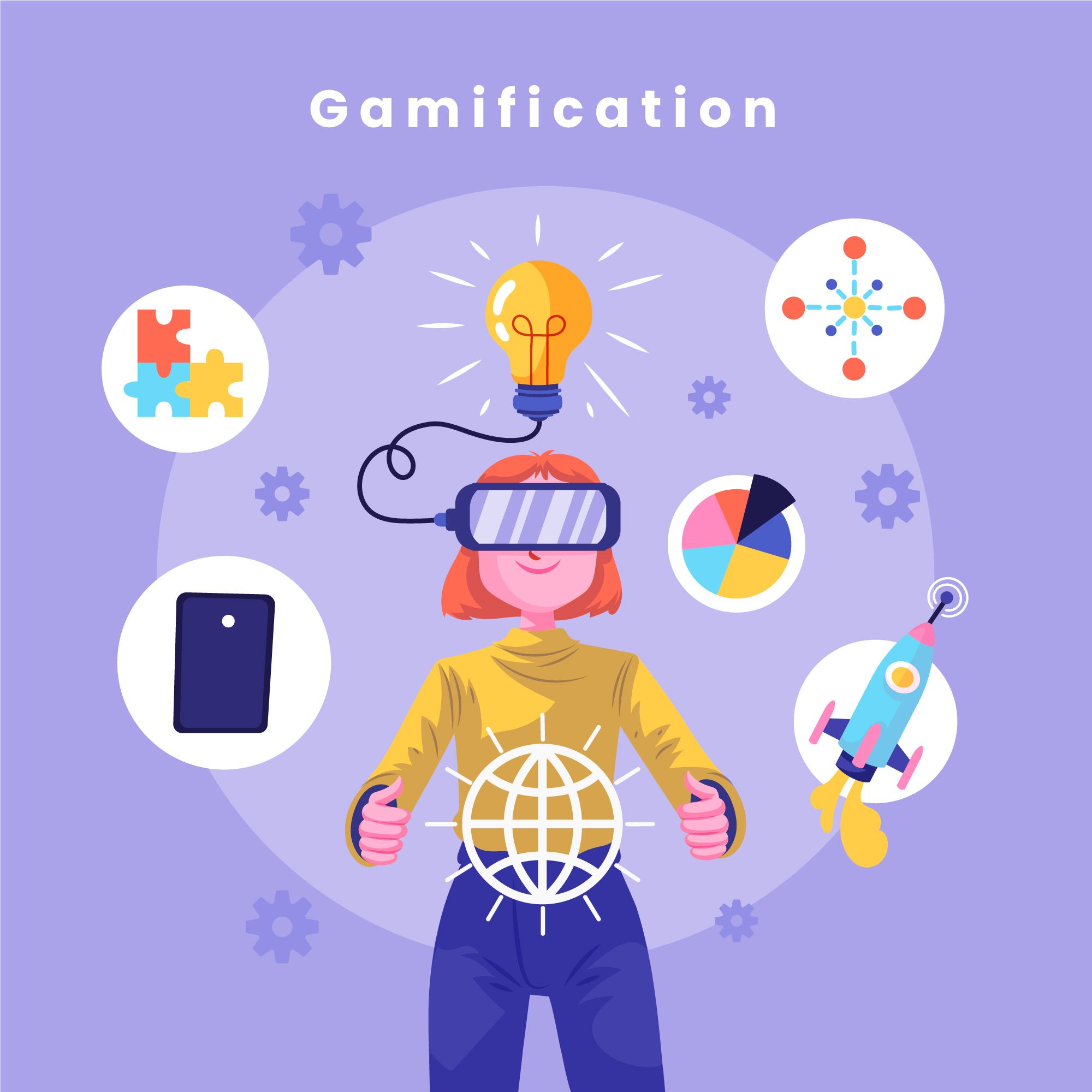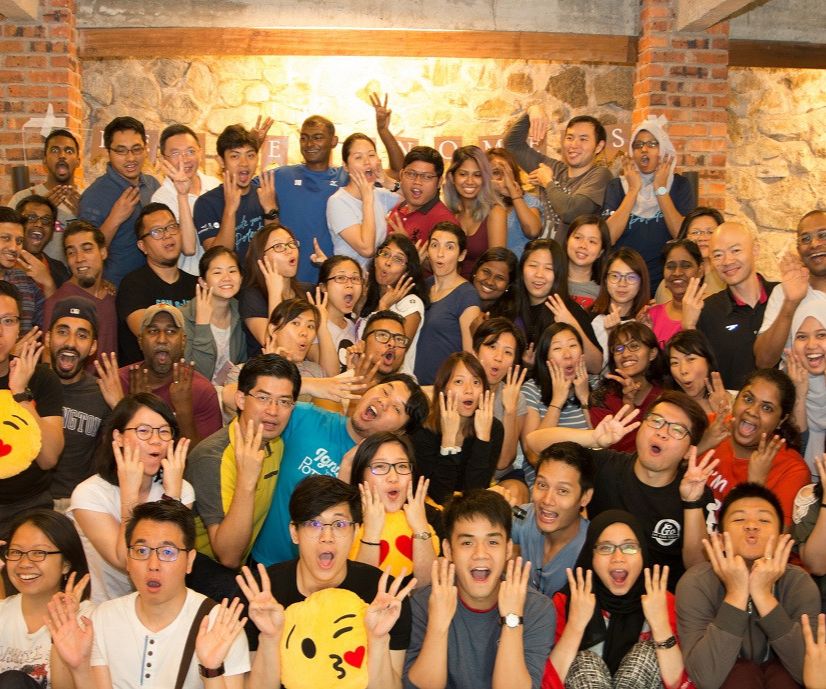Are You Falling Into a Planning Trap?

Vector image is from freepik.com by @freepik
We all love to believe we are good decision-makers; I certainly like to think that.
Yet, there are times when I don’t make good decisions. I am particularly bad at assessing how much capacity I have during the day.
A perfect example. An invitation for an evening event during the work week comes through. The speaker looks interesting. The event seems good. My immediate reaction is, ‘Yeah, that looks great. I should go’. I then must consciously remind myself and say, ‘But Michelle, you’re a morning person, not a late evening person, and while you feel like saying yes now, how will you feel on the day?’ Do you have enough capacity for this?’.
You can liken it to the concept of buyer’s remorse. We say yes and then regret the decision later. In my case, the remorse is because I overestimate what I can complete in a day.
If you’re like me, then the good news is we are not alone on that front.
Writer and journalist Stephen Dubner explains this challenge in a Freakonomics episode titled, “Here’s why all your projects are always late – and what to do about it?“. With the help of experts, he illustrates how we can all suffer from what’s known as the planning fallacy. Under this fallacy, we are overly optimistic about how long something will take to complete for several reasons. We focus on the most optimistic scenarios for how the tasks will play out, not considering the worst-case scenarios. We also underestimate how long it took to complete tasks in the past and then apply that underestimation to determine future time estimates. We can also be overconfident about our abilities to get something done.
It’s suggested that this bias is individually focused because it’s about you predicting how long you will take to do something. When an observer is asked to predict task completion times, they can be more pessimistic and even overestimate the time needed.
It’s the perfect reminder that our brain is not a perfect decision maker and we need people to challenge our thinking processes.
Seek out the bias
Bias pervades decision-making because we don’t make decisions on facts alone. The brain takes shortcuts and discards information that doesn’t fit its worldview and that it doesn’t deem necessary.
In his brilliant book “Thinking Fast and Slow” Psychologist and Economist Daniel Kahneman shared his years of research into this field. He explains how the automatic and instinctual part of the brain can lead to cognitive bias and that people can place too much confidence in their own judgement.
This leads to traps such as:
- Sunk cost – where, due to loss aversion, people don’t walk away from something, even when the facts show they should.
- Anchoring – where decisions are influenced by the earliest information received.
Researchers have put anchoring to the test. Using examples such as the age at which Gandhi died, the height of Germany’s Brandenburg Gates, and Turkey’s population, they’ve found that the figure first given to people influences the answer to subsequent questions.
For example, two researchers, Strack and Mussweilier (1997), asked two groups a different question:
Group 1 – Did Gandhi die before or after the age of 9?
Group 2 – Did Gandhi die before or after the age of 140?
When the groups were then asked to guess the age at which he died, the initial anchor of 9 and 140 influenced the response. The first group suggested his age was 50, while the second group suggested 67.
This happens because your brain can rely on first impressions or initial details when making decisions. Once this anchor has been set, you make decisions based on that anchor, often without considering other information or views. Savvy negotiators know this and use it to their advantage when they negotiate.
When it comes to planning, consider what information might be anchoring your decision and if you are ignoring other data points you need to consider.
Find the challengers
If you want to make good decisions, it helps to have people around you who see the world differently and have a variety of backgrounds and experiences.
Good decision-making requires you to understand the range of perspectives and look at the issue from different angles so you can make a conscious decision. You want to seek the alternate view and hear the views and opinions you disagree with. Ask yourself, what perspective are they seeing that I’m not? What’s driving their thought processes? Why am I opposing? What assumptions underpin my thoughts? What don’t I know that I need to?
As part of this, don’t silence the dissenters around you. Be alert to when the person raising the dissenting idea is being ignored. Hearing their opinion will broaden your perspective and can help you make a more realistic assessment of the challenges, outcomes and timeframes as you plan your work and then the work gets underway.
Read more: Does Group Decision-Making Have To Be So Hard?
Check your process
A transparent decision-making process makes it easier to know who you should involve in your process and why. Involving the right people at the right time helps to ensure you secure the diversity of ideas you need and that there is time to debate, listen and reflect.
As part of the process, get clear on the options and likely consequences or outcomes. Choosing to do one thing will likely prevent you from doing something else. Understanding those trade-offs means you are making the decision with your eyes wide open. Remember, decisions are not just about what to do but what to not do. Be specific on what matters the most to you, and that way, you can be more confident about what you say ‘yes’ to and what you say ‘no’ to.
Discover: How To Be More Decisive In Your Life and Leadership
Sound decisions can take time and often involve consideration and effort. They rarely happen by chance and often require support and input from others. So challenge yourself. When it comes to planning decisions, are you putting enough effort into your decision-making processes to get your desired outcome? Are you involving the right people at the right time? Are you challenging yourself enough?
As the author Zig Ziglar said, “Lack of direction, not lack of time, is the problem. We all have twenty-four hour days”.
This was first published on michellegibbings.com
This article is also available in Chinese.
Edited by: Kiran Tuljaram
Functional
Tags: Self Leadership, Self-Awareness, Diversity, Equity & Inclusion, Building Functional Competencies
Michelle Gibbings is a workplace expert and the award-winning author of three books. Her latest book is 'Bad Boss: What to do if you work for one, manage one or are one'. www.michellegibbings.com.





